Accessibility at CMU
We design, make and study technology to make the world accessible.
People
We are researchers, teachers, and people with disabilities at CMU making the world more accessible.
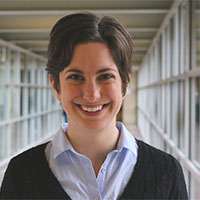
Henny Admoni
is an Assistant Professor in the Robotics Institute at CMU. She develops intelligent, collaborative robots that use natural human behaviors to understand when people need help and what kind of help they need.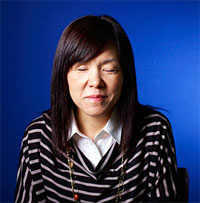
Chieko Asakawa
is an IBM Fellow and Distinguished Service Professor in HCII and RI. She developed the first screen reader for the Web and invented the idea of crowdsourcing accessibility years before "crowdsourcing" was a term.
Andrew Begel
is an associate professor in S3D. His research focuses on creating the workplace of the future, by improving communication between people with differing abilities and cognitive styles through better tools and know-how, as well as developing workspaces that accommodate people’s mental health, productivity, and well-being.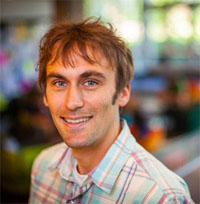
Jeffrey P. Bigham
is an associate professor in HCII and LTI. He builds access technology combining machine learning, NLP, and computer vision. He also maintains this web page.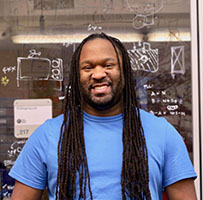
Patrick Carrington
is an assistant professor in HCII. Patrick's research has focused on "chairables", mobile and wearable technologies physically designed to centrally consider the wheelchair user and integrate in and around the wheelchair.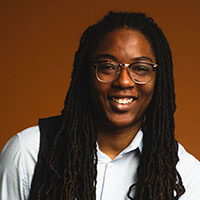
Christina N. Harrington
is an Assistant Professor in the HCII and the School of Design. Her research focuses on inclusive, participatory research approaches to consider individuals marginalized along race, age, and ability in the design of technology meant to support quality of life.
Aaron Steinfeld
is a Research Professor in the Robotics Institute, with an appointment in HCII. His research team works on accessibility issues in human-robot interaction, AI, and transportation.
Carl C. Haynes-Magyar
is a presidential postdoctoral fellow in the HCII. His research in the area of accessibility explores creating learning environments, instruction, and assessment ma\ terials for computing education that supports variation in cognitive function.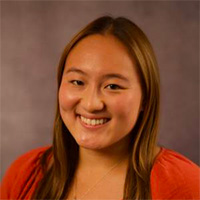
Rayna Hata
is a PhD student in the Robotics Institute at CMU. Her research focuses on human robot interactions in the area of accessibility and care for those with disabilities.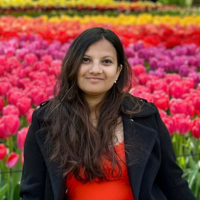
Peya Mowar
is an MS student in the Robotics Institute at CMU. She is passionate about building and evaluating human-centered AI systems for enabling technological access to underserved populations, such as people with disabilities in the global south.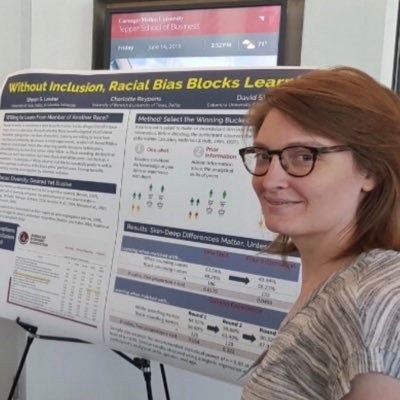
Sara Kingsley
is a PhD student in the HCII. Her research focuses on understanding how the design of existing technologies affect access to economic opportunities (e.g. paid work), and how to improve the design of these technologies to meet user needs. She has a practical passion and interest in automated insulin delivery systems for users of artificial pancreases.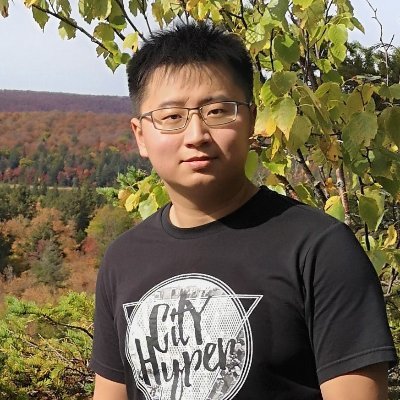
Franklin Mingzhe Li
is a PhD student in HCII. He is passionate about context-aware assistive technology for people with disabilities in daily living. His current research focuses on understanding and bridging the gap between general purposed assistive technology and the specialized context of AT adoptions (e.g., cooking, art experiences).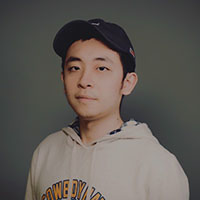
Yi-Hao Peng
is a Ph.D. student in HCII. He creates enabling systems to augment user interactions in digital and physical context. His current research focuses on building interactive tools to support media navigation and authoring process for all.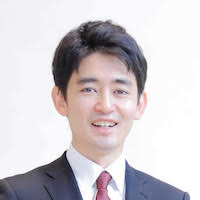
Daisuke Sato
is a project scientist in RI. He works on the CaBot (Carry on Robot) project, an AI suitcase to help people with visual impairments travel independently.Alumni

Dragan Ahmetovic
was a Project Scientist in RI and a member of the Cognitive Assistance Lab. His research focuses on enabling independent mobility for individuals with visual impairments in complex indoor and outdoor scenarios. Ahmetovic is now an Assistant Professor at the University of Milan.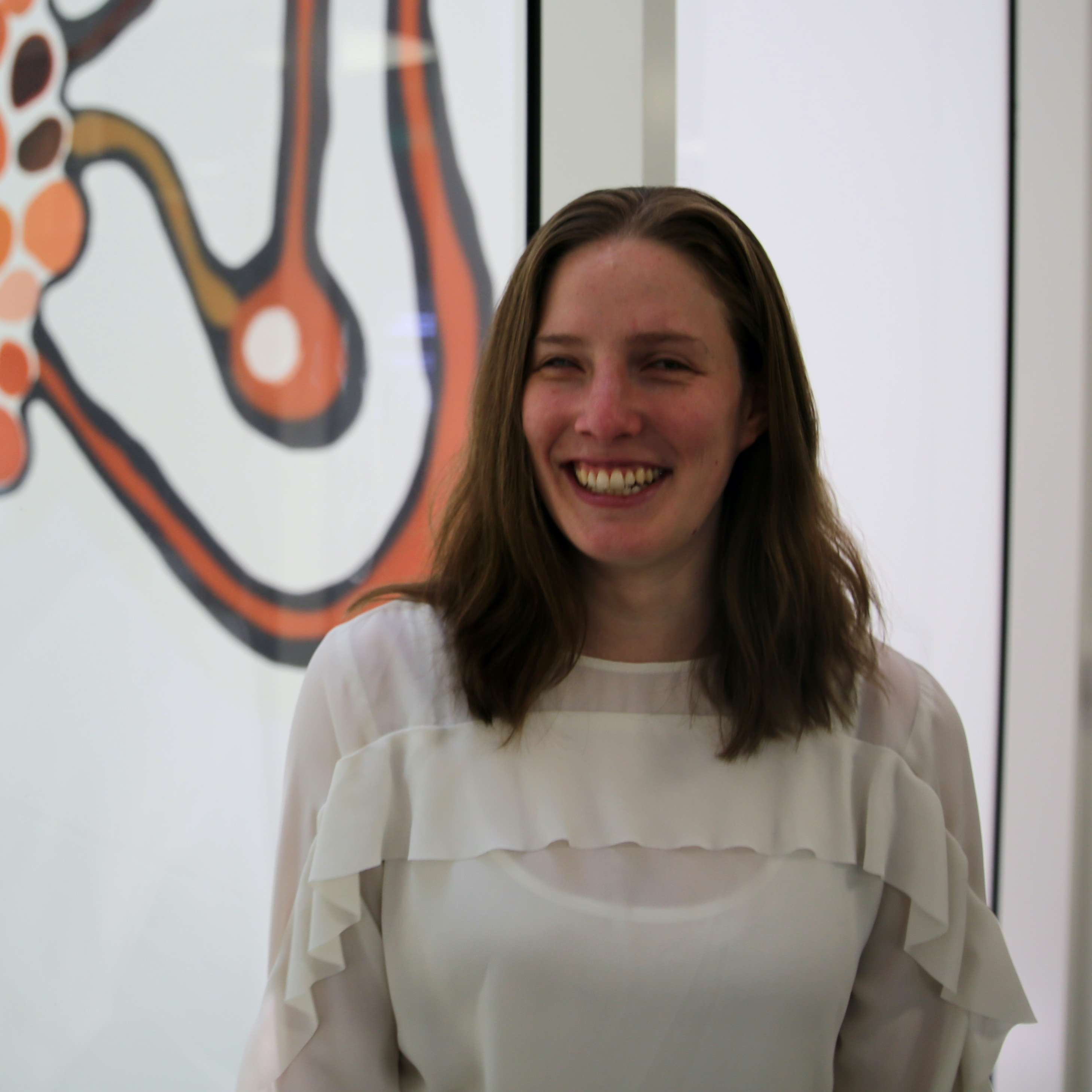
Cynthia Bennett
was a postdoctoral fellow in HCII. She explores how to make HCI design and research processes more accessible, to raise participation of people with disabilities in computing careers and participatory design projects. Bennett is now a Research Scientist at Google.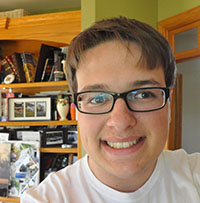
Cole Gleason
was a Ph.D. student in HCII, and his work focuses on helping people with visual impairments get around and explore the world more independently using crowdsourcing and computer vision. Gleason is now a Resaerch Scientist at Apple.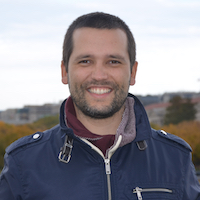
Joao Guerreiro
João Guerreiro was a postdoctoral fellow in RI. He works on the NavCog project, which focuses on smartphone-based navigation assistance for visually impaired people. He is investigating how virtual navigation can support both the cognitive mapping of a real-world environment and independent navigation. Guerreiro is now an Assistant Professor at the University of Lisbon.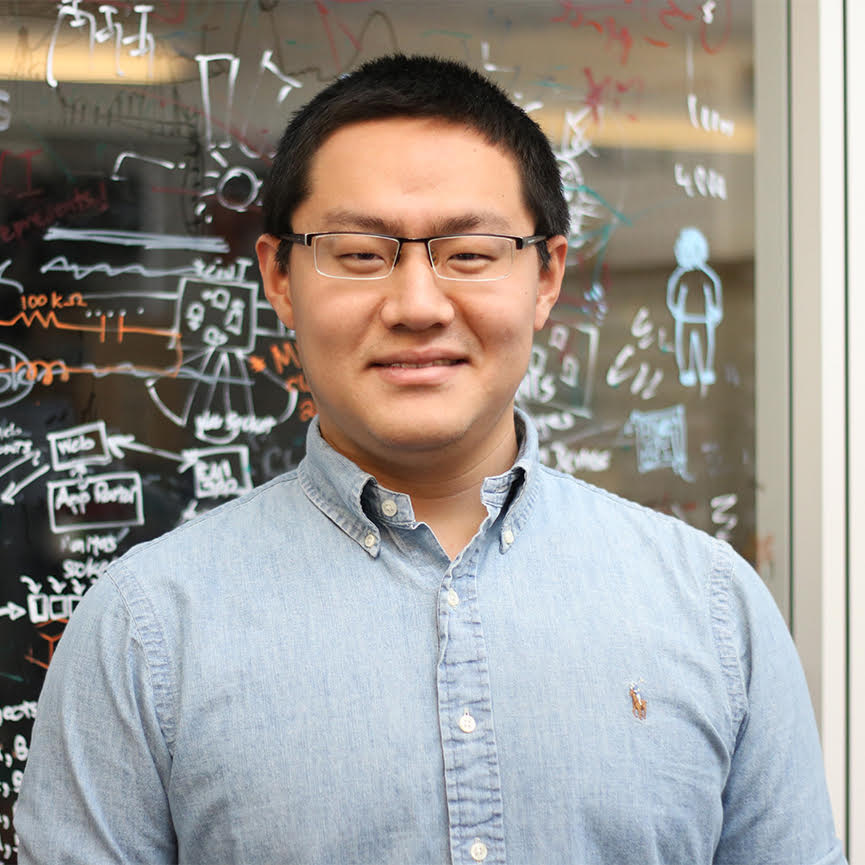
Anhong Guo
received his PhD from the HCII in 2020. He designs, develops, and deploys hybrid human-AI interactive systems to provide access to visual information in the real world. He applies this approach to two application domains: accessibility and sensing. Guo is now an Assistant Professor at the University of Michigan.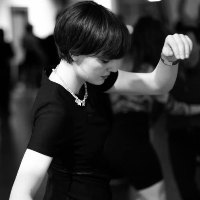
Megan Hofmann
received her PhD from the HCII in 2022. Her research focuses on the intersection of digital fabrication, disability, and healthcare. Hofmann is now an Assistant Professor at Northeastern University.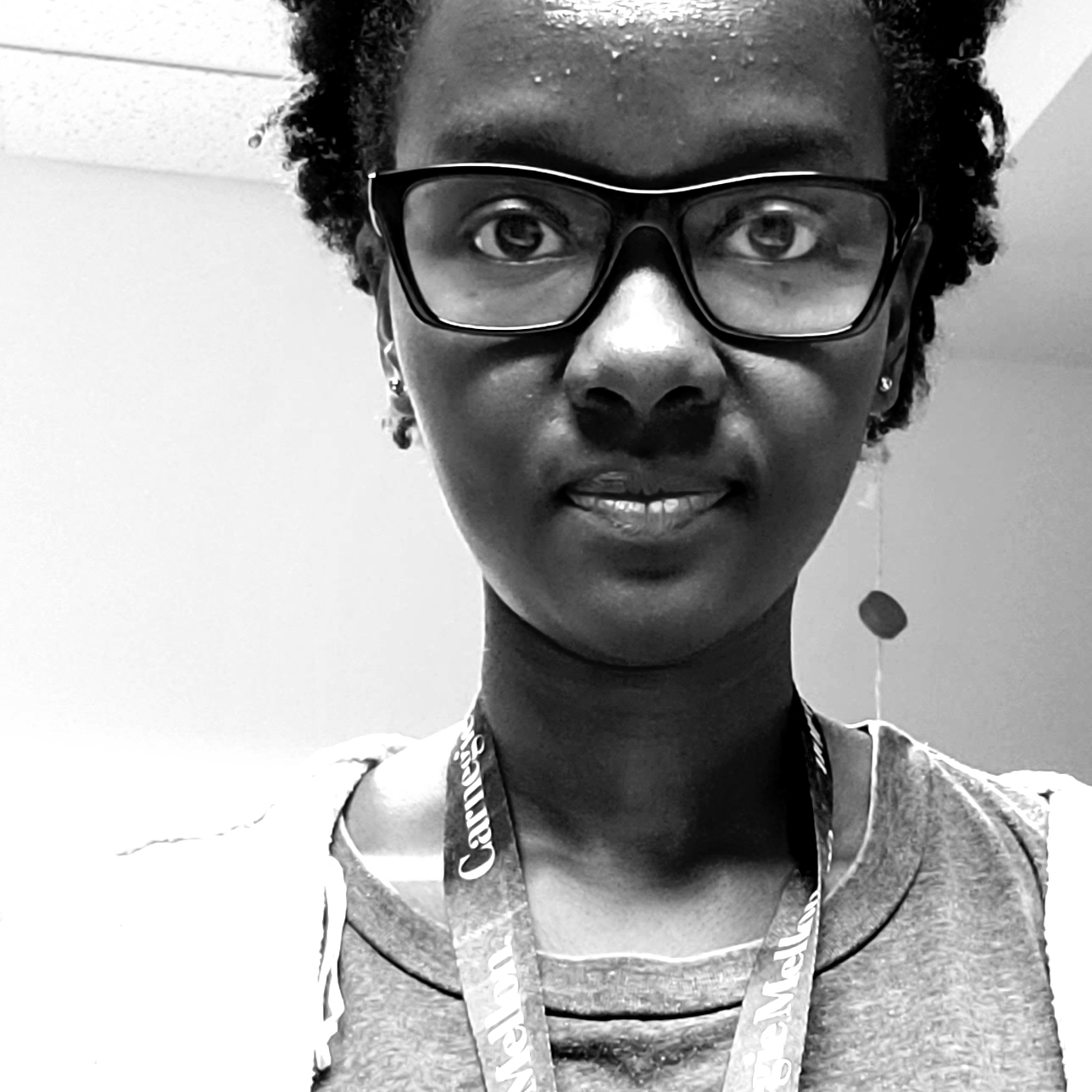
Lynn Kirabo
is a PhD student at the HCII. Her interest lies in understanding the role that context plays in technology design & adoption among different communities, i.e., people with disabilities, and the Global South. Currently, she is exploring the design of equitable mobility in East Africa and the use of Adaptive User Interfaces among people with disabilities in Pittsburgh.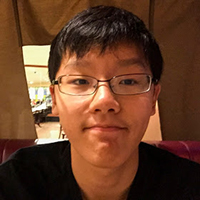
Xingyu (Bruce) Liu
was an undergrad student at CMU, majoring in Statistics and Machine Learning and HCI. He is passionate about utilizing Machine Learning techniques to aid and design accessibility technologies. Liu is now a PhD student at UCLA.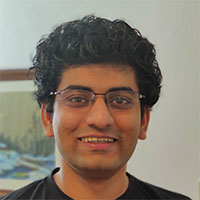
Sujeath Pareddy
was a Ph.D. student in HCII. He is passionate about systemic accessibility issues in computing. His work focuses on minimal software interventions for screen readers.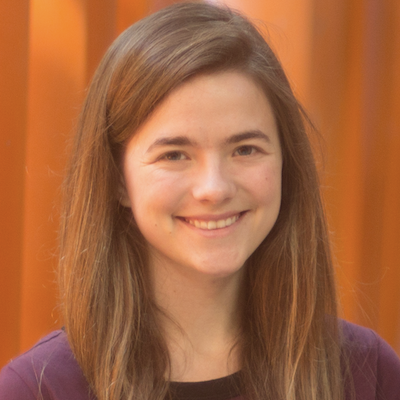
Amy Pavel
was a Postdoctoral Fellow in HCII. She builds human-AI systems to help people make sense video and text. Her current research explores how to methods to facilitate captioning of images and descriptions of videos. Pavel is now an Assistant Professor at the University of Texas - Austin.
Luz Rello
was System Scientist in HCII. She is a world expert on dyslexia and the Web. Her work contributes an understanding of the errors that people with dyslexia make from an NLP perspective. She has deployed fun games to thousands with dyslexia who have played to improve their reading and writing. Rello is now an Assistant Professor at the IE Business School in Madrid.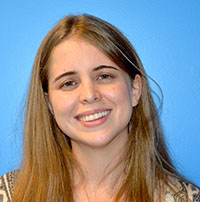
Stephanie Valencia-Valencia
is a PhD student in the HCII. She is passionate about human-centered design and increasing access to assistive tech in low income settings. Her work includes physical computing applications for accessibility and exploring augmentative and alternative communication interfaces for people with complex communication needs.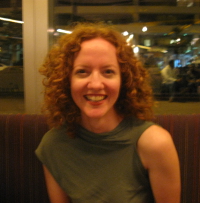
Kristin Williams
was a PhD student in HCII. She is interested in how wearable computing and augmented reality could facilitate functional communication in contexts demanding a high degree of linguistic skill. Williams is now an Assistant Professor at Drexel University.Sponsors
Our work is made possible by our sponsors:


Sponsors help to set our research directions, and also receive exclusive access to team members and early results. If you are interested in sponsoring accessibility work at CMU, please contact one of the faculty members or project leads listed above. If you're unsure who would be most appropriate, send email to jbigham@cs.cmu.edu who will help to direct your mail to a the right place.
Accessibility Lunch
Every Monday at noon, we meet to talk about each other's work, listen to local accessibility advocates, or hear from guest speakers. To get announcments of upcoming lunches, please subscribe to the mailing list.
Join Us!
If you are part of the CMU or the local community who would like to become part of Accessibility@CMU please send email to jbigham@cs.cmu.edu. If you would like to be listed on this page, simply send me a 200x200 photo, a short bio (like above), and a link to your web site. Accessibility@CMU does not have its own faculty or degree programs. If you are interested in joining CMU as a student, faculty, or staff, please apply to one of the many relevant degree programs on campus. Many of us are part of the Human-Computer Interaction Institute and Robotics Institute in the School of Computer Science.